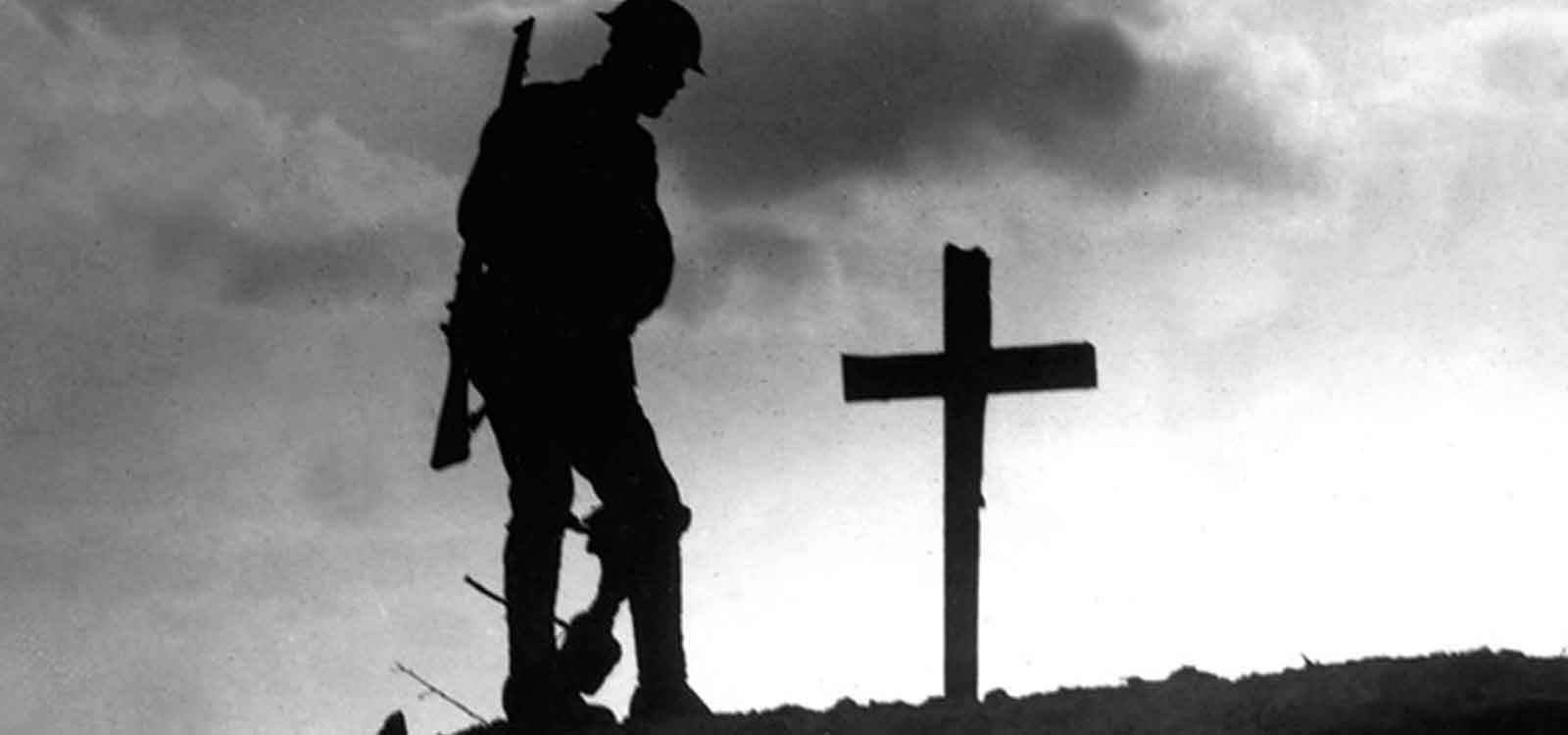

First Radio Officer Sydney Percy Brown, SS Lulworth Hill, Merchant Navy...
...was born the 22nd of April 1916, at Pendleton, Lancashire the son of Percy Brown (1887 to 1963) and Selina nee Westwell (1889 to 1974).
On the 13th of June 1921, Sydney entered St Oswald’s Church of England Primary School, Collyhurst.
The 1939 Register records him with his family at 31 Ashfield Drive Newton Heath, Manchester, living with his parents. Percy born the 1st of February 1887, a “charge hand turning machine tools”; Selina born 16th December 1889 was unpaid domestic duties. Sydney was the only child recorded and his occupation is given as “Radio Office Worcestershire discharge”.
Sydney Joined the Merchant Navy. At some date he went aboard the SS Lulworth Hill as First Radio Officer. Launched in 1940, the 7628 ton ship was owned by the Ruthi and Kuluku Steamship Company of Dorset.
On the 19th of March 1943, whilst en route from Mauritius to Liverpool Lulworth Hill was torpedoed by the Italian submarine Leonardo Da Vinci 800 miles northwest of South West Africa (now Namibia) The ship sank in ninety seconds fourteen managed to get off the ship on two rafts.
Ultimately, of the thirty nine crew, thirty six were lost. Sydney was one of those lost and he and the others who died have no known grave and all are remembered on the Tower Hill Memorial.
Of the survivors. One crew member, James Hull, was taken prisoner by the submarine. He was later transferred to the Italian submarine Finzi and spent the remainder of the war as a POW. In this he was fortunate as, on the 23rd of May 1943, three hundred miles west of Spain, en-route to Italy, the submarine was depth charged and sunk by the destroyer HMS Active with no survivors.
When the Lulworth Hill sank, fourteen men scrambled onto two life rafts. After twenty nine days it was assumed that the ship was lost with all hands and the families were informed. However, some of the survivors were still alive at this time on the rafts. Then, on the 17th May 1943, after fifty days at sea the destroyer HMS Rapid spotted the raft with the last two survivors on - Shipwright Kenneth Cooke and Able Seaman Colin Armitage . The others had all died of starvation, wounds, illness, thirst and sunstroke. HMS Rapid had been escorting a convoy when it spotted the raft off Sierra Leone, 1,500 miles from where Lulworth Hill sank. All three survivors survived the war.


